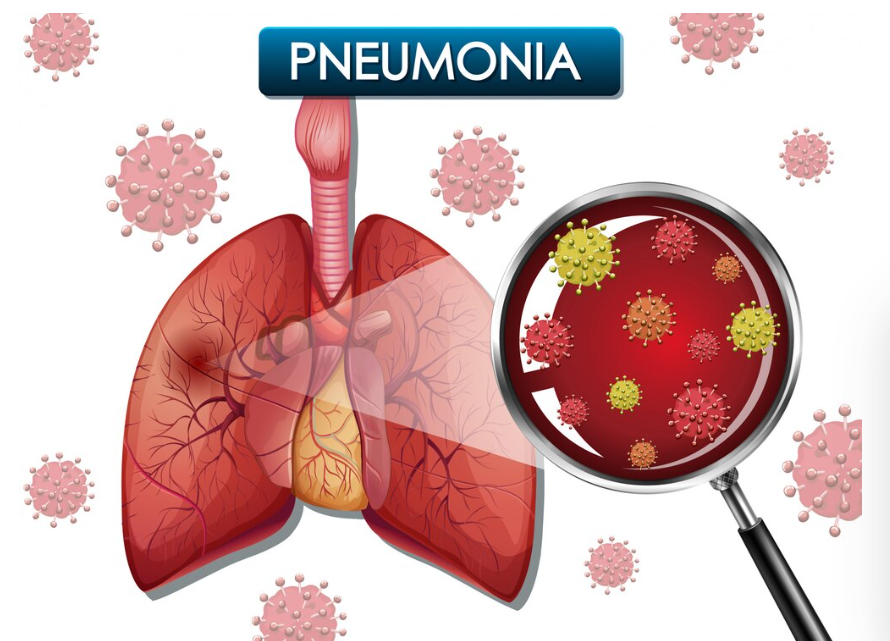
Diagnosis and Treatment Options for Pneumonia: What to Expect
Introduction:
Diagnosing and treating pneumonia involves various steps to ensure effective management of this respiratory infection. Early detection and treatment can prevent complications and improve recovery.
Let’s explore what to expect when seeking diagnosis and treatment for pneumonia.
Diagnosis of Pneumonia:
Medical History and Physical Examination
Your healthcare provider will begin by reviewing your medical history and asking about the symptoms you’ve been experiencing, such as cough, fever, chills, chest pain, and difficulty breathing. They will also conduct a physical examination to listen for abnormal lung sounds that may indicate pneumonia.
Diagnostic Tests
To confirm a diagnosis of pneumonia, your healthcare provider may order diagnostic tests. A chest X-ray is commonly used to check for inflammation or fluid in the lungs. Blood tests may be done to detect an infection and assess its severity. A sputum culture helps determine the specific type of pathogen causing the infection, which is essential for selecting the most appropriate treatment.
Pulse Oximetry
A pulse oximeter, a small device placed on your fingertip, measures the amount of oxygen in your blood. Low oxygen levels could indicate severe pneumonia that may require immediate medical attention and potentially supplemental oxygen to improve breathing.
Treatment Options for Pneumonia:
Antibiotics
If bacterial pneumonia is diagnosed, your healthcare provider will likely prescribe antibiotics tailored to the specific bacteria responsible for the infection. It is crucial to take the full course of antibiotics, even if you begin feeling better before finishing them, to prevent the infection from returning.
Antiviral Medications
In cases of viral pneumonia, antiviral medications may be used, especially if caused by influenza or another viral infection. These medications can help shorten the illness duration and reduce the severity of symptoms.
Adequate rest, hydration, and over-the-counter pain relievers will also support recovery.
Supportive Care
Supportive care is essential to alleviate symptoms and promote healing. Resting and drinking plenty of fluids helps your body fight the infection.
Over-the-counter medications such as acetaminophen or ibuprofen can help relieve fever and body aches.
Hospitalization
In more severe cases of pneumonia, hospitalization may be required. This is often necessary when pneumonia leads to complications like difficulty breathing, low oxygen levels, or dehydration. Intravenous antibiotics, fluids, and oxygen therapy may be administered in a hospital setting to aid recovery.
Prevention of Pneumonia:
Vaccination plays an essential role in pneumonia prevention. Vaccines such as the pneumococcal vaccine and the flu vaccine can help protect against the pathogens that commonly cause pneumonia, especially in young children, older adults, and people with weakened immune systems.
Conclusion:
Diagnosing and treating pneumonia involves a comprehensive approach to ensure effective management of the infection. Early detection, proper treatment, and preventive measures can significantly reduce the risk of complications. By seeking prompt medical attention, following the prescribed treatment plan, and adopting supportive measures, most individuals with pneumonia can recover fully and avoid long-term effects.
To seek medical advice, always consult a Doctor. Here are our recommended experts.
Click here
To read more on Respiratory disease .



